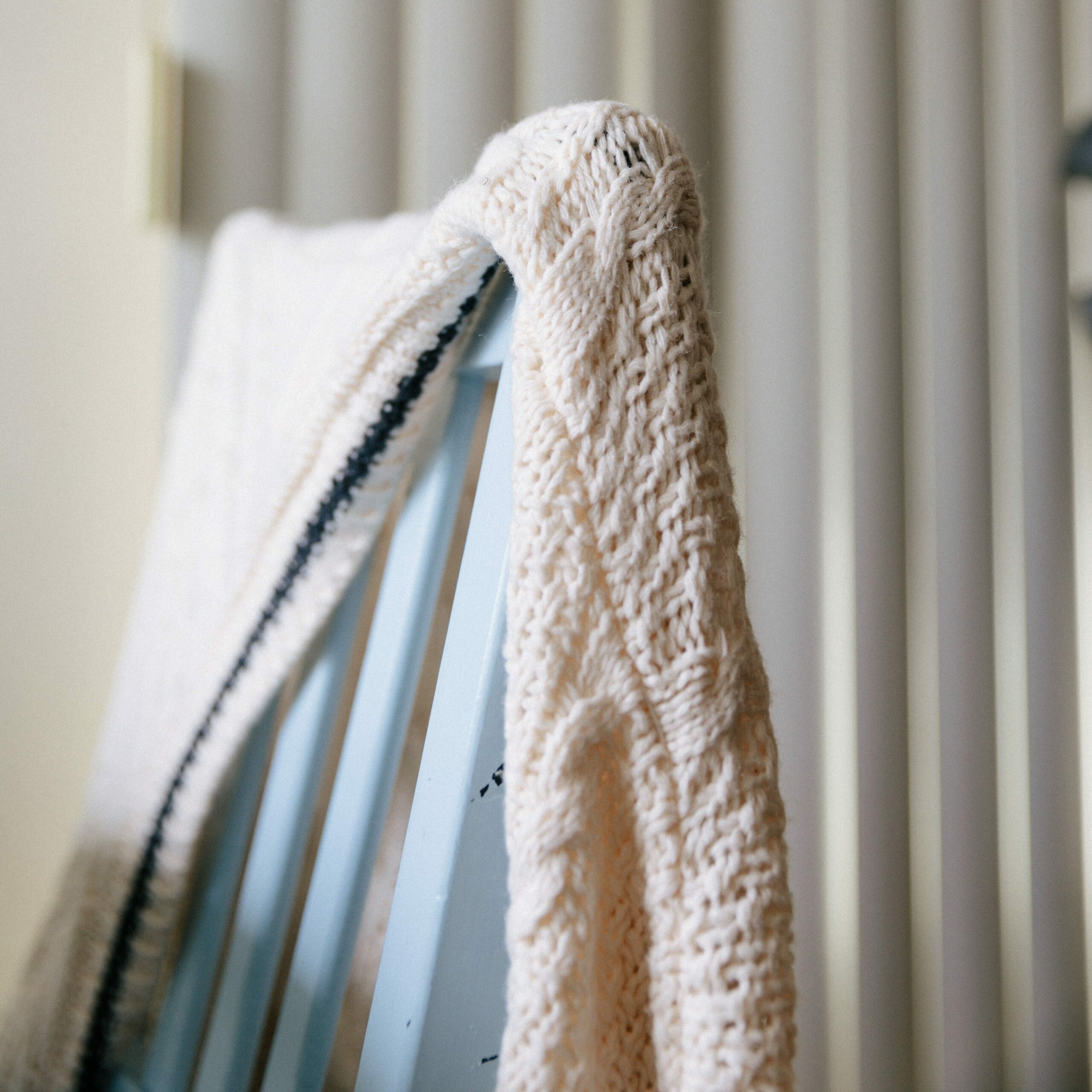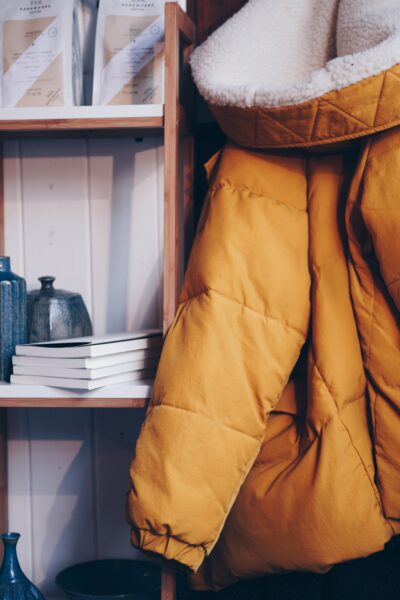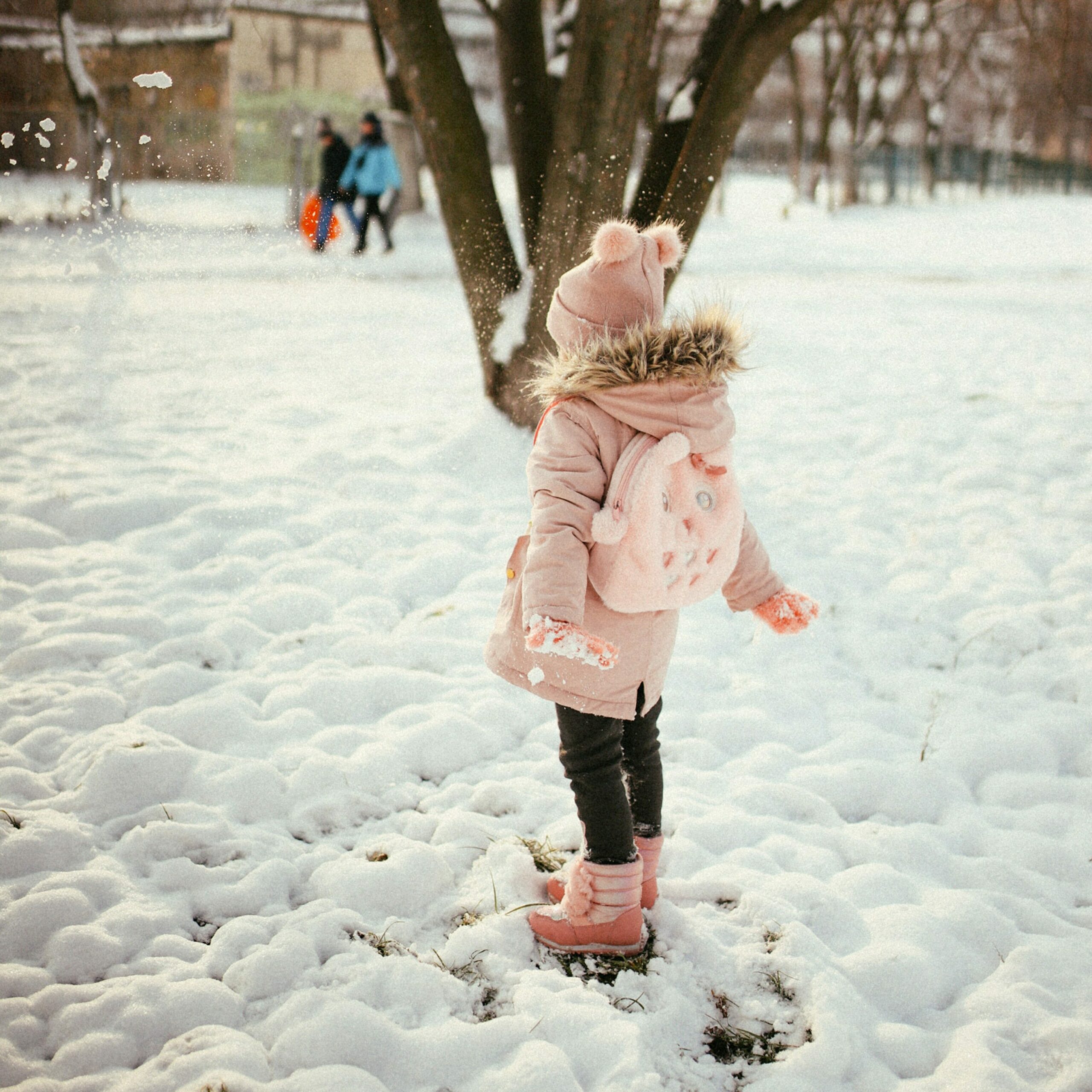It means the world, when someone speaks kindly to you, offers you a hand, lends their time, or eases your burden when you are at your lowest point. It truly is worth its weight in gold. Similarly, something you may say or do may just be a fleeting moment for you, but for the receiver, your act of kindness will be embedded in their memory, clear as day, imprinted into their heart. It’s those moments where we feel completely and utterly human, in a world where we often forget to pause and reflect; those moments which remind us that there is good in the world and that people really do care.

These moments have existed throughout history, moments we can reflect upon to revive in us good character, selflessness and heartfelt giving. We aim to follow the footsteps of those who we deem successful in worldly affairs, but how often do we look to examples of success to benefit us in the hereafter? We have collated some illustrious examples from our tradition of those who gave selflessly to others in Winter; to inspire us to follow in their footsteps during the Winter chill.
Umar ibn al-Khattab
Once Umar ibn al-Khattab (ra), one of the closest companions of the Prophet (saw), and the second rightly guided Caliph, conquered the region of Sham, he would write to its people, advising them. Such was his compassion and concern for his people, he worried that the Companions of the Prophet (saw) and others who were not accustomed to the cold of the Levant, would be ill-equipped and find it difficult to bear. He wrote to them saying:
“Indeed winter has appeared, and it is an enemy, so prepare for it with wool, khuffs and socks; and take wool as your outer and inner garment, because the cold is a fast-moving enemy and slow to leave the body.”
He urged the companions to prepare for Winter by protecting themselves with warm clothing – wool, khuffs and socks.

‘Ali bin al-Husayn
‘Ali ibn al-Husayn, the grandson of ‘Ali ibn Abi Talib (ra), the cousin and son-in-law of the Prophet (saw) used to go out in the darkness of the night, carrying bread on his back. He would search for poor people and widows to distribute the bread to, hoping in the reward, saying “Charity in the darkness of the night extinguishes the Lords anger.”
The poor people in Madînah however had no idea of the source of this food and who this mysterious person was. When ‘Ali ibn Husayn passed away, they started missing what they used to receive from him at night. After his death, the marks from the sacks of provisions that he would carry at night were visible on his body. Only then did people realise that it was he who had regularly sustained a hundred needy families.

Our blessed predecessors were such that they hid their deeds from people, but their greatness was known to the One whom they served and sought, Allah. He (swt) made their deeds known after their death so that they would be an example and inspiration for generations to come. As Allah says in the Qur’an:
“…and make us an example for the righteous” (Qur’an 25:74)
Safwan bin Salim
Safwan bin Salim, an early hadith scholar, went out from the mosque on a cold night in Madinah. Seeing a man with little clothing on, he removed his own coat and covered him with it. Later, a man from Damascus saw him in his dream. He had been admitted into Paradise due to this very garment that he had clothed the poor man with. The man came to Madinah, to inform Safwan.
In this case, Safwan bin Salim was given the glad tidings for his good deed: the abode in Paradise, the ultimate reward we desire.

It was actually Safwan ibn Salam who was one of the narrators of this hadith:
“The one who looks after and works for a widow and a poor person is like a warrior fighting for Allah’s Cause or like a person who fasts during the day and prays all the night.” (Bukhari)
This is an amazing example of hearing these blessed words from the Prophet (saw), truly internalising it and embodying them in his actions, in the hope of such a great reward.
Mis’ar (rh)
Mis’ar (rh) saw a Bedouin standing in the sun saying:
‘Winter has come, and I have no money;
And such a thing can only happen to a Muslim;
The people have put on their coats; and..
It is as if I am in Makkah only wearing an ihram’
Where many people would avoid those in need, Mis’ar instead was attentive, listening to him speaking to himself. Hearing this, Mis’ar did not hesitate but immediately took off his coat and put it on the man. (Ibn Rajab)
Mis’ar here too had enacted the hadith, hoping for the reward:
“No Muslim clothes a believer with a garment except he is under the protection of Allah as long as a shred of it remains upon him.” (at-Tirmidhi)
Unknown in this world, but known in the Heavens
We do not know his name, but it is reported that one of the righteous leaders in the past was informed that there was a woman with four orphaned children who were naked and hungry. So he sent a man to them to bring them clothes and food. Such was his concern and dedication to those in need, that he took off his outer clothing and said: “I will not wear these or be warmed by them until you return and tell me that they are clothed and fed.” So the man went and returned, confirming to the leader while he was shivering in the cold that they had taken the clothes to wear and had now eaten. The righteous leader then put his outer clothes back on. (Ibn Rajab, Lata’iful Ma’arif)

It’s difficult to imagine such a leader who would make such a sacrifice nowadays, especially for an unknown woman with four orphaned children. By selflessly removing his own outer clothing and making sure that before him, others were clothed and fed, shows an exemplary righteous character.
Follow in their footsteps
These are just a few examples from our tradition of selfless strangers who protected those in need from the cold.
We are reminded by scholars of the reward of protecting others from the cold.
“Taking care of the poor in the winter and protecting them from the cold is a great deed.” (Ibn Rajab)
But hearing first-hand accounts of how others have preferred those in need over their own selves, to the extent that they removed their own garments in the freezing cold to warm the hearts of others, or when to great pains to feed those in need, is truly inspiring.
In this precious season, “the spring of the believer”, we too can take advantage of these priceless opportunities to do good. We too can cultivate secret deeds that are known only to Him, but are hidden from the people. Ibn Rajab describes the believer, as one who “revels in the orchards of obedience and goes in the fields of worship and his heart having the pleasure of strolling in the gardens of deeds which are easy during winter.”
Winter will always hit the most vulnerable hardest. Here, on our doorstep, HHUGS families spend the year already struggling with living costs and precarious financial security. Children already dealing with the ramifications of losing their father now face the challenge of Winter with clothing and outerwear that cannot keep them warm and protected against the elements.

Children growing up in poor housing and cold living conditions were more likely than others to experience mental health problems, such as depression and anxiety; more likely to experience slower physical growth and cognitive development; and had higher risks of respiratory problems, long term ill health and disability. (Shelter).
We can easily follow in the footsteps of these blessed strangers by simply and anonymously gifting warmer clothing to HHUGS families who are struggling.
“I have a lot of debt, so HHUGS’ support allows us to buy essentials for every season especially winter. It really helped me to buy socks, jumpers, etc. Every year, the children grow so the support will really help. I’m also having a baby so I can now buy the baby a coat and blankets. This definitely eases some financial pressure. It is much appreciated and needed.”
By providing them warmer clothing you are enabling them to survive Winter, reduce the risk of short term and long term conditions and bring joy to their young hearts knowing that they are deserving of a clothing that is warm, and especially for them.
“The people will be gathered on the Day of Resurrection as naked, hungry, and thirsty as they ever were. So, whoever clothed someone will be clothed by Allah, whoever fed someone will be fed by Allah, and whoever quenched someone’s thirst will have his thirst quenched by Allah, and whoever relieved others will be given relief by Allah.’” (Ibn Abi ad-Dunya)
For just £40 you can give the gift of warm with blankets and heaters
For £80 you can clothe a child and protect them from the harsh weather with warm winter clothing.
For £250 you can feed a family for one of the Winter months.
For £500 you can shelter a believer from the cold.
Follow in their footsteps and protect them from the cold today. Don’t let them face a winter without you.